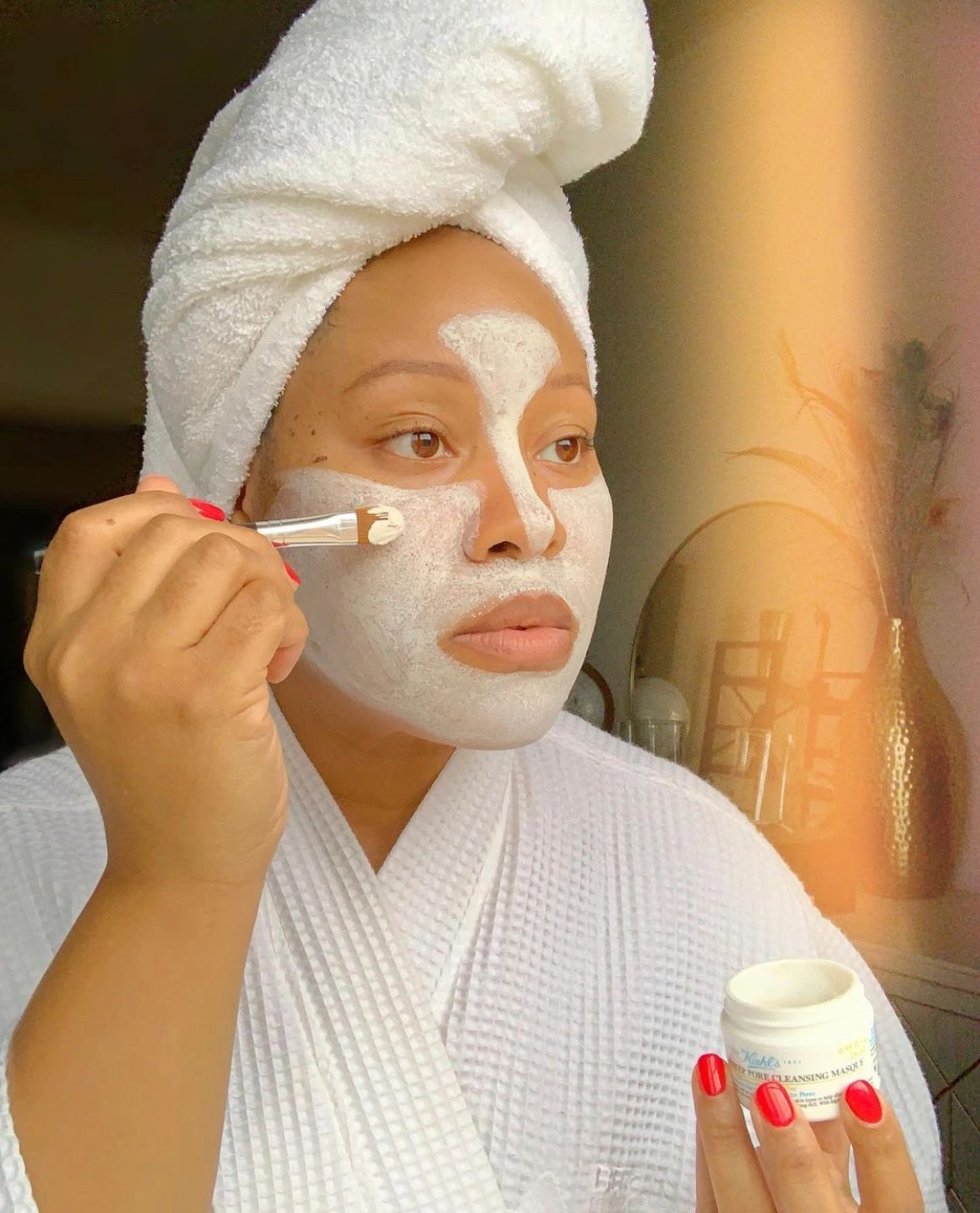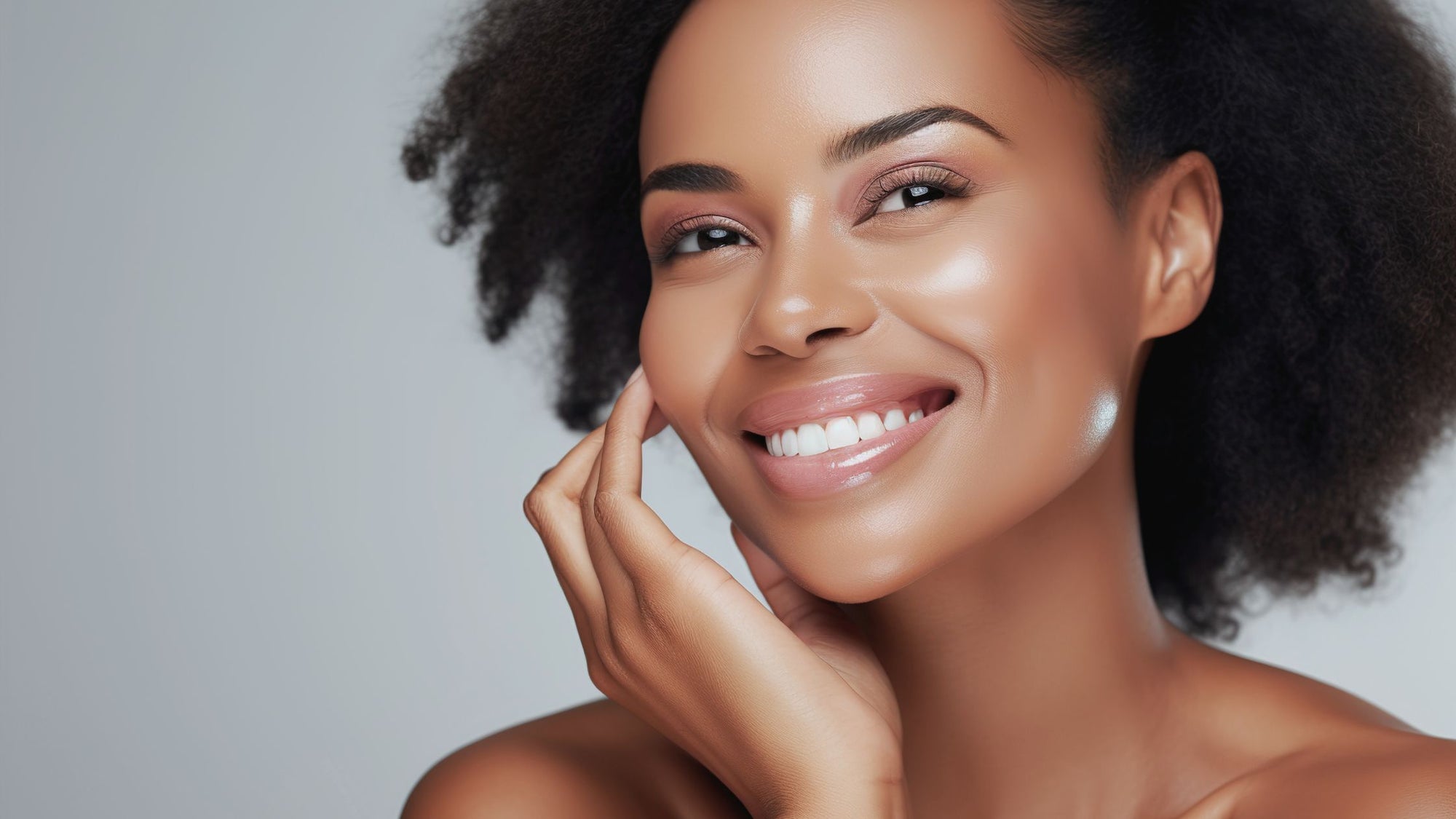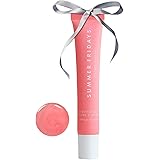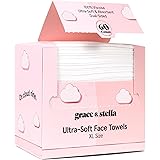Taking care of your skin is vital for everyone. For black women, unique challenges and needs must be considered.
Understanding the specific skincare needs of black women is essential for maintaining healthy and radiant skin. From dealing with hyperpigmentation to ensuring proper moisture balance, the skincare journey can be quite different. This guide will help you navigate the best practices and products tailored to your skin type.
It’s time to embrace your beauty with confidence. Learn how to address common skin concerns and discover tips to achieve a glowing complexion. Join us as we explore the world of skincare for black women and unlock the secrets to radiant, healthy skin.

Credit: ebonybomani.com
Unique Skin Characteristics
Black women have unique skin characteristics that deserve special attention. The higher levels of melanin in their skin provide both benefits and challenges. Understanding these characteristics can help in choosing the right skincare routine.
Melanin Benefits
Melanin is the pigment responsible for skin color. Black women have higher melanin levels, which offer several benefits:
- Natural Sun Protection: Melanin provides natural protection against UV rays, reducing the risk of sunburn.
- Slower Aging: Higher melanin levels can delay the appearance of wrinkles and fine lines.
- Protection Against Skin Cancer: Melanin reduces the risk of certain types of skin cancer.
Common Skin Concerns
Despite the benefits of melanin, Black women may face unique skin concerns:
| Concern | Description |
|---|---|
| Hyperpigmentation | Dark spots or patches that appear on the skin. |
| Acne Scarring | Dark marks left behind after acne heals. |
| Dry Skin | Skin may become dry, especially during colder months. |
To address these concerns, consider the following tips:
- Use Sunscreen: Even with natural protection, sunscreen is important.
- Moisturize Daily: Keep skin hydrated to prevent dryness.
- Gentle Cleansing: Use mild cleansers to avoid irritation.

Credit: www.iknowskincare.com
Daily Skincare Routine
Maintaining a daily skincare routine is essential for everyone, especially for black women. Different skin types require different care methods. This guide highlights a simple yet effective daily routine. Follow these steps to achieve healthy, glowing skin.
Cleansing
Start your day by cleansing your face. Use a gentle cleanser suited for your skin type. This helps remove dirt and excess oil. Cleanse your face every morning and night. It prevents clogged pores and keeps your skin fresh.
Moisturizing
After cleansing, apply a good moisturizer. Black skin tends to be drier, so hydration is key. Choose a moisturizer with natural ingredients. Aloe vera and shea butter are excellent choices. Apply in the morning and before bed. It locks in moisture and keeps your skin soft.
Sun Protection
Sun protection is crucial for everyone. Black women have melanin-rich skin, which offers some natural protection. Yet, it is not enough. UV rays can still cause damage.
This section focuses on the importance of SPF and choosing the right sunscreen.
Spf Importance
SPF stands for Sun Protection Factor. It measures how well a sunscreen protects against UVB rays. UVB rays cause sunburn and contribute to skin cancer.
Even with melanin, Black women need SPF. It helps prevent hyperpigmentation and premature aging. Using SPF daily can reduce the risk of skin damage.
Choosing The Right Sunscreen
Choosing the right sunscreen is key. Look for a broad-spectrum formula. This protects against both UVA and UVB rays. Broad-spectrum sunscreens offer the best protection.
Check the SPF rating. SPF 30 or higher is recommended. This offers good protection for daily use. Water-resistant formulas are ideal for swimming or sweating.
| Type | Features |
|---|---|
| Mineral Sunscreen | Contains zinc oxide or titanium dioxide. Suitable for sensitive skin. |
| Chemical Sunscreen | Absorbs UV rays. Lightweight and less visible on the skin. |
For Black women, avoid sunscreens that leave a white cast. Many brands now offer tinted sunscreens. These blend well with melanin-rich skin.
- Apply sunscreen 15 minutes before going outside.
- Reapply every two hours.
- Use sunscreen even on cloudy days.
Addressing Hyperpigmentation
Hyperpigmentation is a common skin concern among Black women. It appears as dark spots, patches, or uneven skin tone. This condition can affect confidence and self-esteem. Understanding its causes and treatments can help manage it effectively.
Causes And Prevention
Hyperpigmentation occurs due to excess melanin production. Factors like sun exposure, inflammation, and acne contribute to it. Hormonal changes during pregnancy can also cause dark spots. Using sunscreen daily helps prevent sun-induced hyperpigmentation. Avoid picking at acne to reduce inflammation. Proper skincare routines play a crucial role in prevention.
Effective Treatments
Several treatments can help reduce hyperpigmentation. Topical treatments with ingredients like vitamin C, niacinamide, and retinoids are effective. These ingredients lighten dark spots and even out skin tone. Chemical peels remove dead skin cells and stimulate new cell growth. Laser therapy targets and breaks down excess melanin. Consult a dermatologist for personalized treatment options.
Hydration
Hydration is essential for maintaining healthy, glowing skin, especially for Black women. Proper hydration helps to prevent dryness, dullness, and irritation. It also supports the skin’s natural barrier, keeping it resilient and youthful. Let’s explore some tips on achieving optimal hydration for your skin.
Hydrating Ingredients
Choosing the right ingredients can make a significant difference in your skincare routine. Here are some key hydrating ingredients to look out for:
- Hyaluronic Acid: This powerful humectant attracts and retains moisture.
- Glycerin: Another excellent humectant that helps to hydrate the skin.
- Shea Butter: Rich in fatty acids, it helps to lock in moisture.
- Aloe Vera: Known for its soothing and hydrating properties.
- Squalane: Mimics the skin’s natural oils, providing deep hydration.
Internal Hydration
Hydration isn’t just about what you put on your skin. Keeping your body hydrated from the inside is equally important. Here are some tips for internal hydration:
- Drink Water Regularly: Aim for at least 8 glasses a day.
- Eat Water-Rich Foods: Include fruits and vegetables like cucumbers, oranges, and watermelon.
- Limit Caffeine and Alcohol: These can dehydrate your body and skin.
- Use a Humidifier: Helps maintain moisture in the air, benefiting your skin.
By incorporating these practices, you can achieve and maintain well-hydrated skin. Remember, both topical and internal hydration are essential for a healthy, radiant complexion.

Credit: www.pinterest.com
Healthy Diet
Maintaining a healthy diet is crucial for skincare, especially for black women. Eating the right foods can improve skin texture, reduce acne, and give a natural glow. A balanced diet supports the body’s overall health, directly impacting skin condition.
Nutrient-rich Foods
Consuming nutrient-rich foods is essential for healthy skin. Here are some foods to include in your diet:
- Leafy Greens: Spinach, kale, and collard greens are rich in vitamins A, C, and K.
- Fruits: Berries, oranges, and papaya provide antioxidants that protect the skin.
- Fatty Fish: Salmon and mackerel contain omega-3 fatty acids, which reduce inflammation.
- Nuts and Seeds: Almonds and sunflower seeds offer vitamin E, which helps repair skin damage.
- Whole Grains: Brown rice and quinoa are good sources of fiber, which aids in digestion and skin health.
Foods To Avoid
Some foods can negatively affect your skin. It’s best to avoid or limit these:
- Processed Foods: High in preservatives and sugars, these can lead to acne and dull skin.
- Dairy Products: Milk and cheese may cause breakouts in some individuals.
- Fried Foods: Oils used in frying can clog pores and cause inflammation.
- Sugary Snacks: Excess sugar can lead to premature aging and wrinkles.
- Alcohol: Dehydrates the skin and can cause puffiness and redness.
Incorporate nutrient-rich foods and avoid harmful ones to achieve healthy, glowing skin. Your diet plays a significant role in your skin’s health and appearance.
Managing Acne
Managing acne can be a challenging journey, especially for Black women. Unique skin characteristics demand special care and attention. This section will guide you through different acne types and safe treatments. Let’s ensure your skin remains healthy and radiant.
Acne Types
Acne comes in various forms. Knowing which type you have is crucial. Black women often deal with inflammatory acne. This includes papules, pustules, and cysts. These types can lead to hyperpigmentation. Non-inflammatory acne like blackheads and whiteheads are also common. Identifying your acne type helps in choosing the right treatment.
Safe Treatments
Using safe treatments is vital for maintaining healthy skin. Over-the-counter products containing benzoyl peroxide or salicylic acid can be effective. These ingredients help reduce inflammation and unclog pores. Always do a patch test to ensure no irritation occurs.
Prescription treatments may be necessary for severe acne. Dermatologists often recommend topical retinoids or antibiotics. Oral medications like hormonal treatments can also be effective. Always consult a dermatologist before starting new treatments.
Natural remedies can also support your skincare routine. Tea tree oil, for example, has anti-inflammatory properties. Aloe vera can soothe irritated skin. Remember to use these remedies consistently for the best results.
Maintaining a consistent skincare routine is essential. Cleanse your face twice daily using a gentle cleanser. Use non-comedogenic moisturizers to keep your skin hydrated. Avoid harsh scrubs that can irritate your skin and worsen acne.
Diet and lifestyle also play a role. Drinking plenty of water and eating a balanced diet can improve your skin’s health. Regular exercise and adequate sleep contribute to overall well-being.
Professional Treatments
Professional treatments can greatly enhance skin health for Black women. Visiting a dermatologist and opting for popular skincare procedures can address specific skin concerns effectively.
Dermatologist Visits
Regular visits to a dermatologist are crucial for maintaining healthy skin. Dermatologists can diagnose and treat various skin issues unique to Black women. These include hyperpigmentation, keloids, and melasma.
During a visit, a dermatologist may:
- Conduct a thorough skin examination
- Provide personalized skincare recommendations
- Prescribe medications or topical treatments
- Suggest lifestyle changes for better skin health
Scheduling routine check-ups ensures early detection and treatment of potential skin problems.
Popular Procedures
There are several popular procedures that Black women can consider for skincare. These treatments can help achieve a radiant and even-toned complexion.
| Procedure | Benefits |
|---|---|
| Microdermabrasion | Exfoliates dead skin cells, reduces dark spots |
| Chemical Peels | Improves skin texture, reduces pigmentation |
| Laser Treatments | Targets hyperpigmentation, smoothens skin |
| Hydrafacials | Deep cleanses, hydrates skin |
These procedures are performed by trained professionals. They ensure safe and effective results. Consulting with a dermatologist can help determine the best treatment option for your skin type.
Frequently Asked Questions
What Are The Best Skincare Tips For Black Women?
Black women should use gentle cleansers, moisturize daily, and apply sunscreen. Incorporate antioxidant-rich products and exfoliate regularly. Avoid harsh chemicals.
How Often Should Black Women Exfoliate?
Black women should exfoliate 1-2 times a week. This helps remove dead skin cells. It promotes a brighter complexion.
Which Ingredients Are Best For Black Skin?
Ingredients like hyaluronic acid, vitamin C, and shea butter are beneficial. They hydrate, brighten, and nourish the skin effectively.
Why Is Sunscreen Important For Black Women?
Sunscreen prevents hyperpigmentation and protects against UV damage. It’s crucial for maintaining even skin tone and overall health
Conclusion
Beautiful skin requires dedication and the right products. Black women have unique skincare needs. Choose gentle cleansers and moisturizers with natural ingredients. Protect your skin from sun damage every day. Regular exfoliation can help maintain smooth, radiant skin. Hydration is essential; drink plenty of water.
Listen to your skin and adjust your routine as needed. Healthy skin boosts confidence and well-being. Embrace your natural beauty with proper skincare. Remember, consistency is key to glowing skin.

